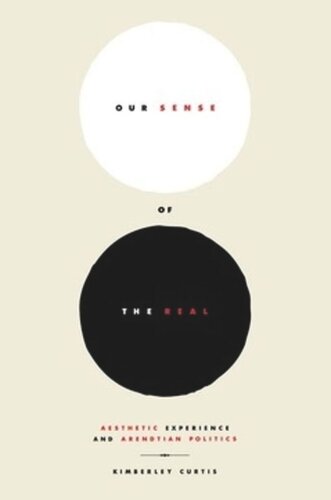

Most ebook files are in PDF format, so you can easily read them using various software such as Foxit Reader or directly on the Google Chrome browser.
Some ebook files are released by publishers in other formats such as .awz, .mobi, .epub, .fb2, etc. You may need to install specific software to read these formats on mobile/PC, such as Calibre.
Please read the tutorial at this link: https://ebookbell.com/faq
We offer FREE conversion to the popular formats you request; however, this may take some time. Therefore, right after payment, please email us, and we will try to provide the service as quickly as possible.
For some exceptional file formats or broken links (if any), please refrain from opening any disputes. Instead, email us first, and we will try to assist within a maximum of 6 hours.
EbookBell Team

0.0
0 reviewsThis bold and persuasive study rereads the works of Hannah Arendt to recuperate her relevance to contemporary politics and to show that her deepest concerns are oriented by her ontology. Kimberley Curtis interprets Arendt's earlier work through the lenses of The Life of the Mind, elucidating what Curtis calls an "aesthetic sensibility of tragic pleasure" as a way out of the enclave politics of late modernity.Arguing that oblivion and radical forgetfulness of others are among the most ethically troubling features of our political landscape, Curtis shows that Arendt's aesthetic account of politics offers us an idiom in which to name and resist the depravations and dangers of our political condition. Curtis also elucidates Arendt's debt to phenomenology and argues that our sense of reality is born through highly charged sensuous provocation and mutual responsiveness. Arendt's innovation is to recognize that this countenancing of others is an aesthetic experience that creates the political world.Curtis plumbs the relevance of this work in current issues such as gated communities for the privileged and prisons for the disenfranchised, and in the extraordinary relationship between a black civil rights leader and a Ku Klux Klan officer. Our Sense of the Real is a poetic invocation of Arendt's politics, at once lively, passionate, and crucial.